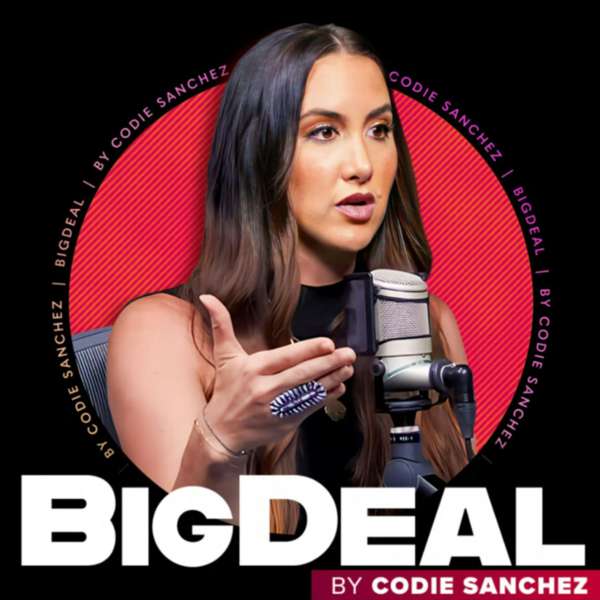Christmas and the holiday season is a crucial time for toy retailers, and hopes will be high for sales to return to pre-pandemic levels. But with the rising cost of living, we find out if families will be cutting back on toy spending this year - and look at the toys topping the popularity charts.
We'll also find out how much does TV and film influence the types of toys in demand.
Frederique Tutt from market research company NPD group explains the trends in toy sales, and how the type of toys that people are buying is changing.
Elizabeth Hotson visits the DreamToys event in London, organised by the toy retailers association. She speaks to Paul Reader, the chair of the DreamToys selection committee about what’s making the top 10 toys list this year.
Hedley Barnes, senior vice president for International from Spin Master, the company behind both the Paw Patrol TV series and toys, explains the valuable link between the show and the merchandise.
Also on the list are Rainbow High Dolls – Sarah Taylor is managing director, UK and Ireland, for MGA entertainment, the company behind the dolls. She tells Elizabeth why diversity, which they champion, appeals to families.
And Alan Simpson, chair of the toy retailers association, says he expects a lot of the ‘old favourites’ like Lego, Barbie, Monopoly and Play Dough to still be really popular.
Presented and produced by Elizabeth Hotson
(Image: A toy in a Christmas box. Credit: Getty)

 Our TOPPODCAST Picks
Our TOPPODCAST Picks  Stay Connected
Stay Connected







